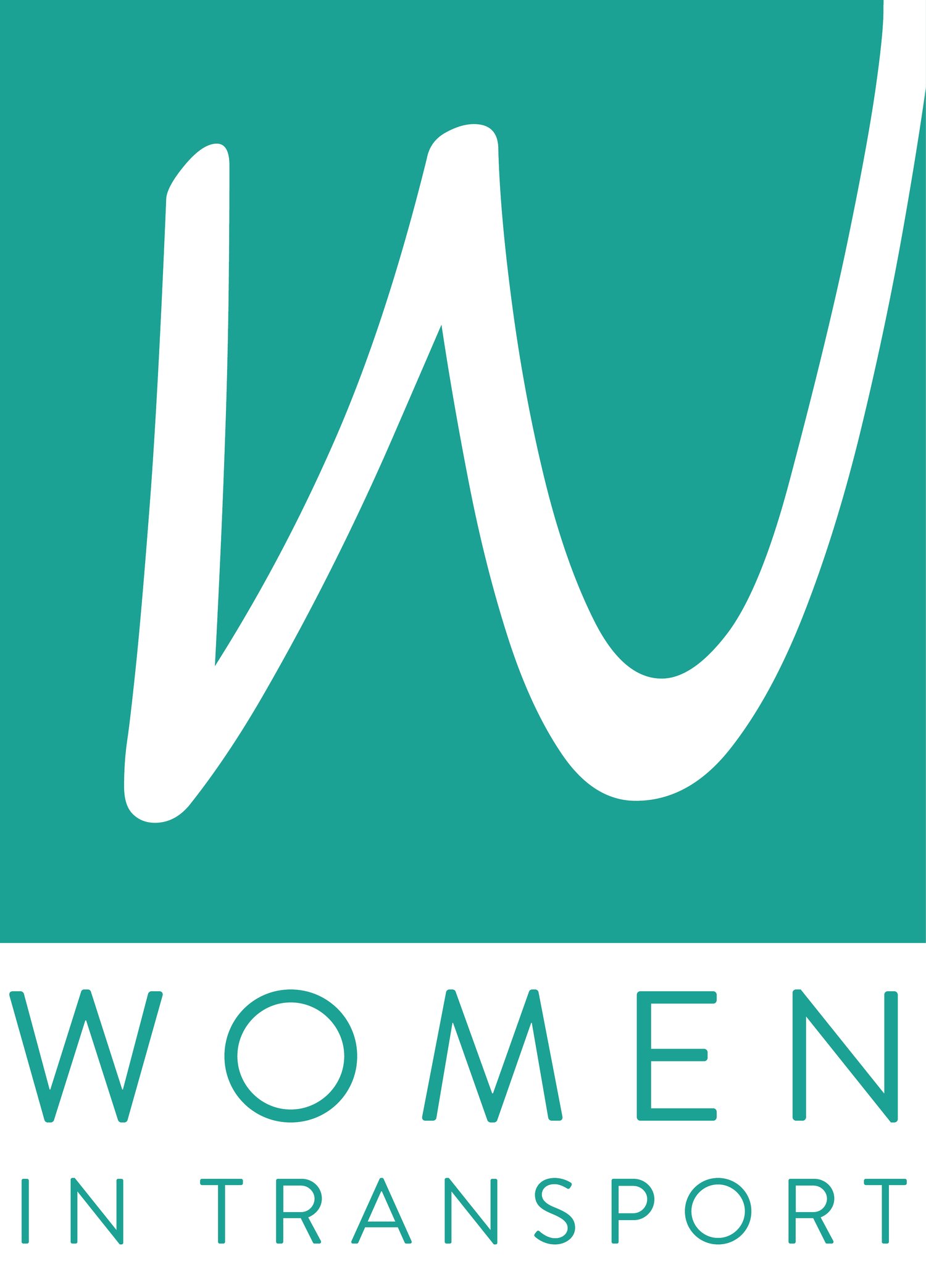In a male-dominated sector, men are essential in championing and supporting the careers of women working in transport. 50% of our Advance mentors are men, in this blog, Matthew Regan discusses how he became one of them and provides advice for women looking to progress in the transport sector.
How did you first hear about Women in Transport?
I heard about Women In Transport (WiT) from my former client/boss, Angela Gainsford, who told me about her involvement in creating the pilot mentoring programme. Angela also invited me to an event held by WiT a couple of years ago which had three excellent guest speakers: a trend which defines WiT events, in my experience. From there, we (the board of Xanta) agreed to sponsor the brochure and this year to be one of the sponsors of the programme itself.
What motivated you to become a mentor on Advance?
Well, it was suggested! I was already looking for a way to use more of my time in a productive way outside of work, and this fit the bill. Women are under-represented in STEM arenas, especially in the higher echelons of rail, and any small contribution we could make would be a good idea.
How did you approach your first meeting with your mentee?
I attended the mentor training event organised by WiT, which was interesting (I also attended this year’s one, which was better-focused and helpfully included more about the process and aims of mentoring). After that, I made contact with my mentee and arranged to meet her at a mutually-convenient location for a coffee and a first chat. I’ve found that it’s important to have the first meeting somewhere relaxed and neutral, as it’s primarily a “getting to know you” exercise that lays the foundations for the subsequent ones. We all have busy lives and this acts as a constraint but, at the same time, allows for a more disciplined approach to using the time together.
Have you learnt anything from being a mentor?
Yes – my own limitations! I have a fair amount of experience in the industry but its public-sector side is undergoing significant change at the moment, especially within Transport for London. That change makes it harder to discuss what the future might offer with any degree of confidence. Getting the balance right between encouragement and yet still reflecting reality can be a challenge.
What advice would you give to women working in the transport sector who are looking to progress their career?
Gosh, that’s a tough one! I think that there is generally more support available both officially and more casually, but it’s sadly true that prehistoric attitudes and behaviour still exist. The importance of networking cannot be overstated: I myself have found WiT and its events a fantastic way to meet others in the industry, of all ages and career phases, and it’s even led to Xanta being able to make successful bids through expanding our contacts into new areas.
Otherwise, I’d say keeping on top of emerging technological trends and paying attention to the drivers that shape the way successful organisations respond (and lead) provides a great deal of insight. I also think that working in both the public and private sectors adds a level of knowledge and empathy that is that much harder to gain if one spends all of one’s time in a single side of the industry.
Our thanks to Matthew for his support and generosity over the last two years. It’s been an absolute pleasure to partner with Xanta to support women working in transport.
About Xanta: Xanta is a rail engineering management consultancy specialising in rail and other guided systems, providing all aspects of rail technical management and delivery, engineering services, strategic organisational support and interim staff.
Follow us @transportwm or on Linkedin Women in Transport for events, news and updates.

